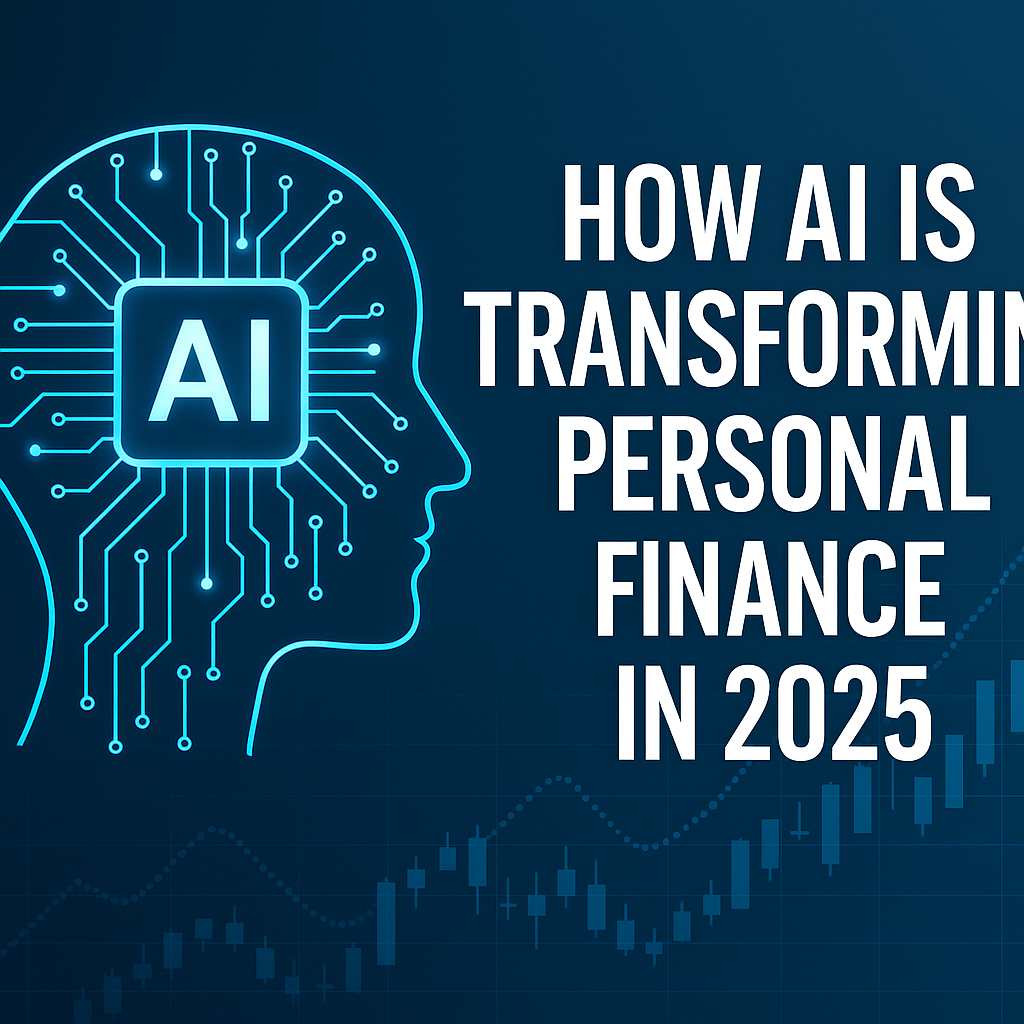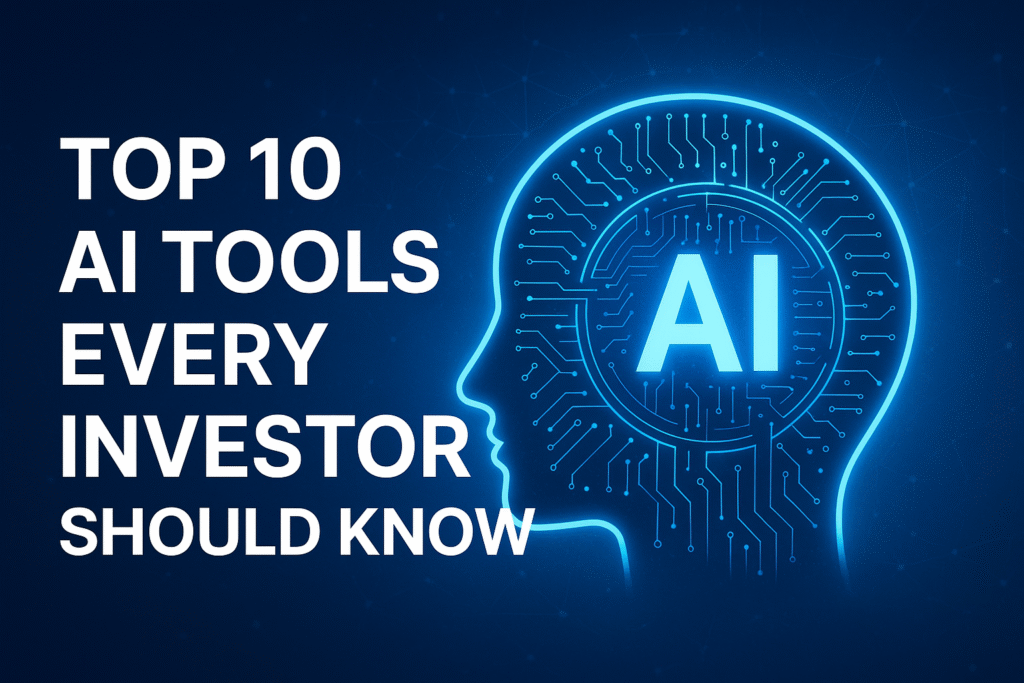Every investor dreams of knowing where the market is headed next — buying at the bottom, selling at the top, and repeating until retirement.
In 2025, with artificial intelligence analyzing billions of data points every second, that dream seems closer than ever.
But can AI really predict the stock market, or is it just another high-tech illusion?
Let’s look at what the data says — and how investors are using AI to gain a genuine edge.
1. The Promise: Data Over Emotion
Human investors are emotional. We panic during crashes and get greedy during rallies.
AI, on the other hand, doesn’t fear, hope, or overreact.
It thrives on data — and that’s where it shines.
Modern AI systems analyze:
- Price charts across decades
- Social media sentiment
- Macroeconomic indicators
- Earnings reports
- Global news feeds
💡 Example: Machine learning models can detect subtle correlations — like how oil prices affect airline stocks — long before humans notice the pattern.
(Related: How Robo-Advisors Manage Your Investments Better Than Banks)
2. How AI Tries to Predict Markets
AI uses several main approaches to forecast price movement:
🧠 1. Machine Learning Models
These systems analyze historical data to recognize price patterns that repeat over time.
Techniques like random forests, neural networks, or support vector machines attempt to classify whether a stock is likely to rise or fall.
🔍 2. Natural Language Processing (NLP)
AI reads news headlines, tweets, and even Reddit posts to measure investor mood.
If sentiment turns sharply negative, it can signal short-term volatility.
⚙️ 3. Deep Learning
Advanced models like LSTM networks (Long Short-Term Memory) analyze sequences — making them ideal for time-series data like stock charts.
📊 Real-world use: Hedge funds such as Renaissance Technologies and Two Sigma use deep learning models to process massive datasets in real time.
3. What the Data Actually Says
AI has made progress — but it’s far from omniscient.
According to a 2024 MIT study, AI-based models outperform traditional analysis by 10–15% in short-term predictions (days to weeks).
However:
- Accuracy drops when markets experience shocks (like wars or pandemics).
- Models often overfit — meaning they perform well on past data but fail in real-world scenarios.
- Human oversight remains essential to interpret results correctly.
💬 Translation:
AI can spot trends faster than you — but it can’t foresee the next Federal Reserve decision or black swan event.
4. Where AI Excels Right Now
AI is not a crystal ball — but it’s a powerful assistant for smarter investing.
Here’s where it’s already proving valuable:
- Portfolio optimization: Finding the best balance of risk and return.
- Risk detection: Predicting volatility and correlation changes.
- Trading automation: Executing trades faster than humans.
- Sentiment tracking: Measuring fear and optimism in real time.
🧠 Example: Tools like Alpaca AI, Numerai, or Kavout use AI to identify undervalued assets and rebalance portfolios automatically.
(Related: Top 10 AI Tools Every Investor Should Know)
5. The Limitations (That Wall Street Knows Too Well)
Even the most advanced AI can’t predict black swan events — the unpredictable shocks that reshape markets.
⚠️ Limitations include:
- Data bias: AI can only learn from what’s already happened.
- Market randomness: Prices are influenced by millions of independent decisions.
- Regulatory changes: Policy shifts can instantly invalidate predictions.
- Overconfidence: Traders who blindly trust AI signals risk major losses.
💬 As one hedge fund analyst put it:
“AI can tell you when the market is irrational — it just can’t tell you when it’ll stop being irrational.”
6. The Hybrid Future: Humans + Machines
The most successful investors of 2025 aren’t choosing between AI and intuition — they’re combining both.
This hybrid approach looks like:
- AI models detecting early signals.
- Human experts validating the logic.
- Algorithms executing trades within preset risk limits.
It’s the perfect balance: human judgment powered by machine precision.
📈 Result: More consistent profits and fewer emotional mistakes.
Final Thought
So, can AI predict the stock market?
Not perfectly — but better than ever.
AI doesn’t replace experience; it enhances it.
It transforms data overload into insight and emotion into logic.
In the end, the smartest investors aren’t those who fight technology — they’re the ones who partner with it.
(Also read: How AI Is Transforming Personal Finance in 2025)


Pingback: AI Scams in Finance: How to Protect Yourself from Deepfakes